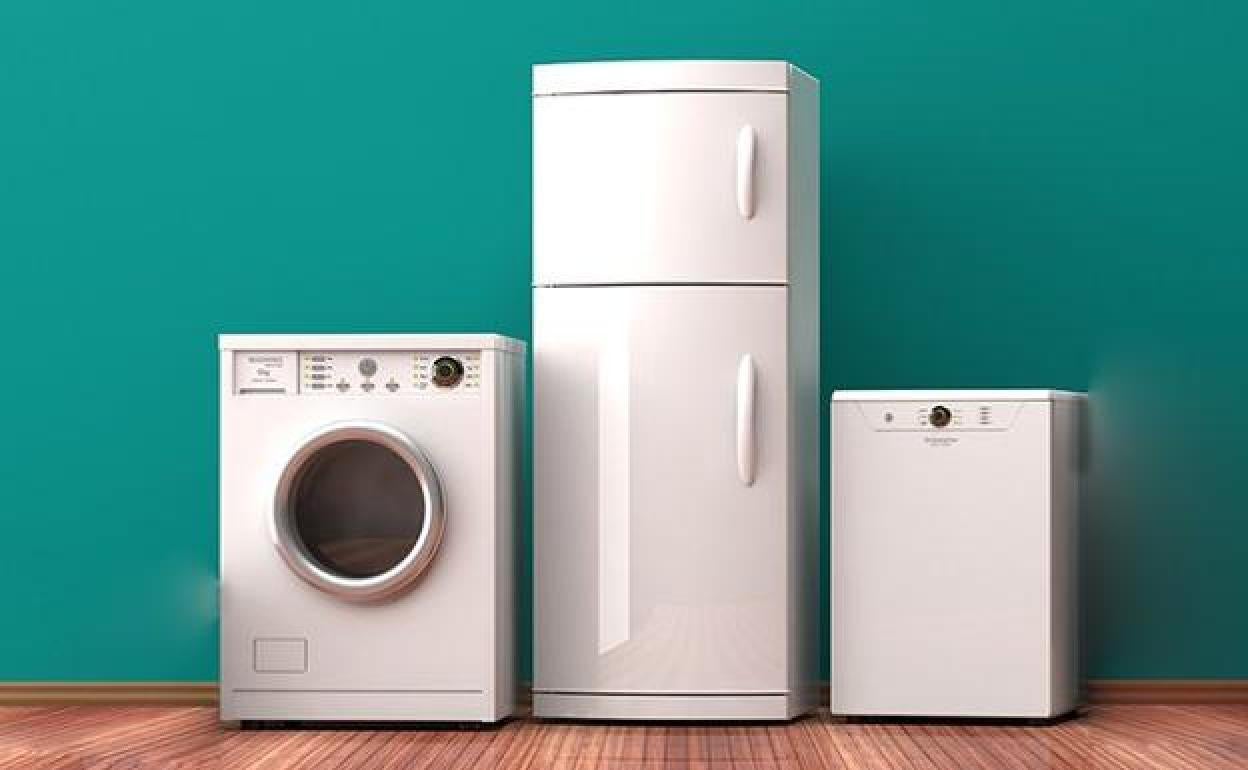Top tips to cut electricity costs from the most power-hungry appliances in the home
Spain's Organisation of Consumers and Users issues simple guidelines that can help reduce energy consumption
ALMUDENA NOGUÉS
Thursday, 8 September 2022, 15:57
With no end in sight for high energy prices, the quest for savings is becoming more and more important. Helpfully, Spain's Organisation of Consumers and Users (OCU), has drawn up a list of the most energy expensive domestic appliances and outlined some top tips to help reduce household bills.
The three household appliances which consume the most energy are:
- The refrigerator: 662 kWh per year on average, which corresponds to 19 per cent of total consumption in an average household that uses about 3,500 kWh per year. “This consumption can mean a bill of about 199 euros per year,” the OCU said.
- The washing machine: 255 kWh per year, 7.4 per cent of the total household bill, which is equivalent to about 77 euros per year.
- The dishwasher: 246 kWh per year, 7 per cent of the total energy consumed or about 74 euros per year.
The OCU notes that it is important that consumers adopt some standard measures – applicable to all household appliances – to avoid unnecessary consumption. Don't leave electrical items on stand-by: unplug or turn off at the switch.
“This also includes avoiding leaving mobile phone or laptop chargers plugged in. A family's stand-by consumption can be equivalent to about 112 euros per year, approximately 375 kWh/year. In a family with many household appliances, this can increase to 610 kWh/year, a not inconsiderable 183 euros,” the OCU said.
Three tips to save refrigerator running costs
Today's refrigerators consume on average 40 per cent less than 15 years ago, or even 60 per cent if they are more efficient models. “This translates into savings of 30 to 100 euros per year, which immediately [helps to] recover the money invested in the purchase of the appliance,” the OCU said.
- Check that it is installed away from heat sources (radiator, oven, electric stove, etc.), that it is out of the sun and that air can circulate around it.
- Defrost the refrigerator a couple of times a year or if the frost is more than three millimetres thick. Those three millimeters of frost on the walls increase consumption by 30 per cent. If the frost reappears immediately, check that the door closes tightly or if the seal needs to be replaced.
- Do not set the thermostat at too low a temperature: an inside temperature of between 4C and 6C is sufficient to preserve food well. Try to open the door as little as possible so that the temperature is maintained.
Three tips to save washing machine running costs
Washing machines consume most energy to heating the water. Some models are much more efficient than others. These are the OCU's tips:
- Wash at low temperature programmes and with an ecological detergent: washing at 40C instead of 60C will consume 40 per cent less electricity. Separate your clothes so that you can select the lowest possible temperature for each wash to consume less energy.
- It is better to run one full washer than two half-loaded ones, as consumption is the same at half load as with a full load. "If you fill the washing machine to 95 per cent instead of 80 per cent, you will save more than 1,800 litres of water per year. So wait until you have enough clothes to fill the washing machine," the OCU said.
- Due to the efficiency of modern detergents, pre-washing is useless (except in cases of exceptionally dirty clothes).
Three tips for dishwasher savings
- With the dishwasher's economy programme, energy consumption is reduced. If you use the 50C program instead of a normal 65C program, energy consumption is reduced by up to 40 per cent.
- Do not use the intensive programme unless the dishes are very dirty. The half load programme is not recommended – to save energy it is far better to wait until the dishwasher is full.
- Clean the dishwasher filter regularly; this will extend the life of the filter and reduce energy consumption. Put water in the bottom of cooking pans when they are still hot; it will prevent the food from drying out and will act as a pre-wash.
